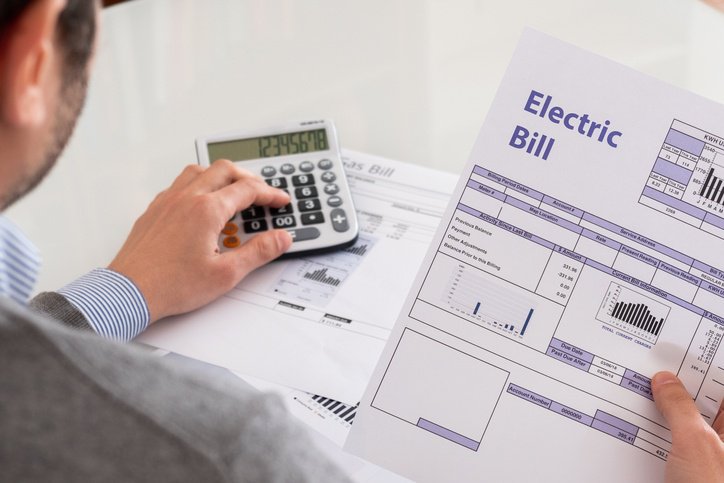UK renters are worried about paying energy bills this winter
A survey of UK renters highlights concerns about increasing energy prices and ongoing hikes in household bills.
The survey, commissioned by Smart Energy GB, found 49% of renters are worried about how they will pay their bills. 57% say these concerns are having a negative impact on their mental health.
65% of renters say rising fuel costs will make it difficult for them to pay their energy bills, with 62% indicating they may struggle to pay their rent this winter.
The research has revealed that renters think landlords could be doing more to help, with 46% saying their energy bills could be better managed if their landlord made their home more energy efficient. 28% of renters don’t feel their landlord supports them enough when it comes to managing their energy use, with 85% of renters who do not feel that their property is as energy efficient as it can be concerned that a current lack of energy efficient measures will make their energy costs even higher.
Renters were also asked questions about what their landlords could do to improve the energy efficiency of their properties. 73% would like their homes to be better insulated and 54% would like gaps causing draughts filled in. 45% would like boilers to be upgraded and 44% would like double glazing windows installed.
Although 60% of tenants say being in a rented property restricts their ability to manage their energy use and costs, they are making their own environmentally friendly changes. 59% turn off lights and 56% turn off appliances when they are not being used. They are also less likely to turn the heating on, with 44% renters saying their heating remains switched off, even when it’s cold.
Additionally, 67% of tenants say having a smart meter would help them manage their energy costs, with 55% secure in the knowledge that, if they are paying the bills, they can have one installed by their energy supplier without the permission of their landlord. Some renters have been put off doing this as, not only did they think their landlord would not like it (16%), they were also concerned they may lose their deposit (14%).
Kate Faulkner, founder of Propertychecklists.co.uk, comments: “A great first starting point for landlords in terms of helping their tenants to take energy saving steps is to arrange for a smart meter installation, if they are the bill payer. Or if their tenant is the bill payer, to empower them to request a smart meter installation.
“Smart meters can also help ensure any problems with utility bill payments at the end of a lease are avoided and better still, the less money tenants spend on their utility bills means the more likely they are to be able to afford their rent payments.”






